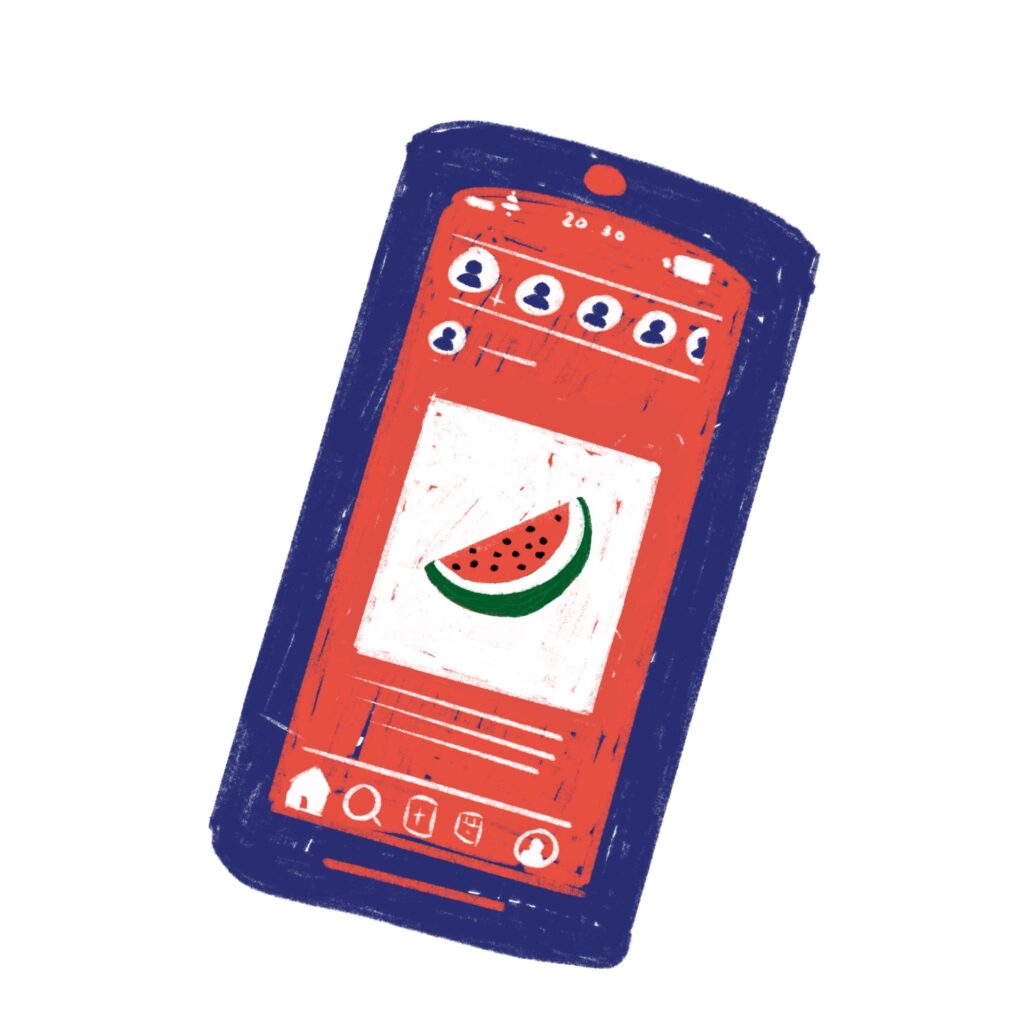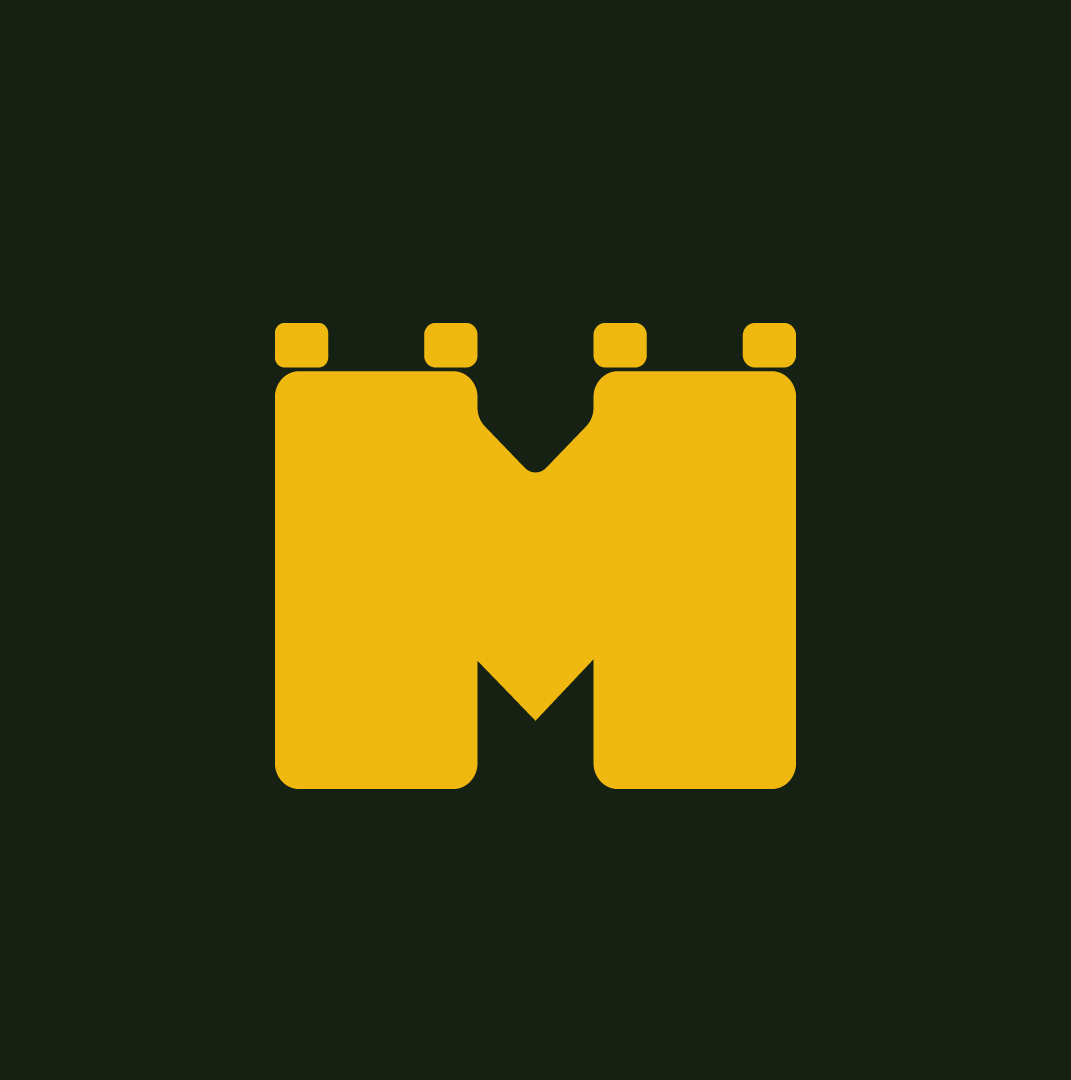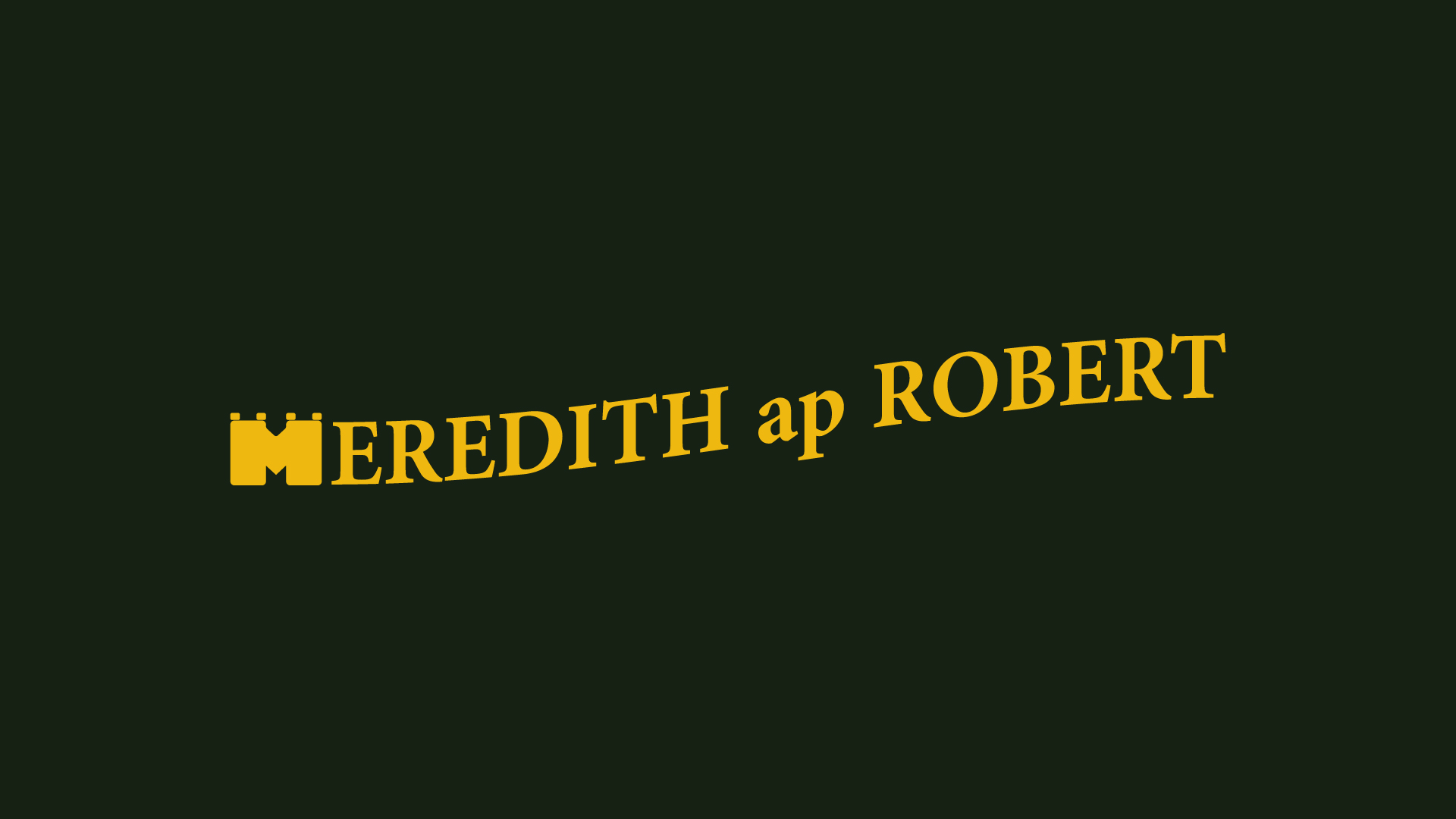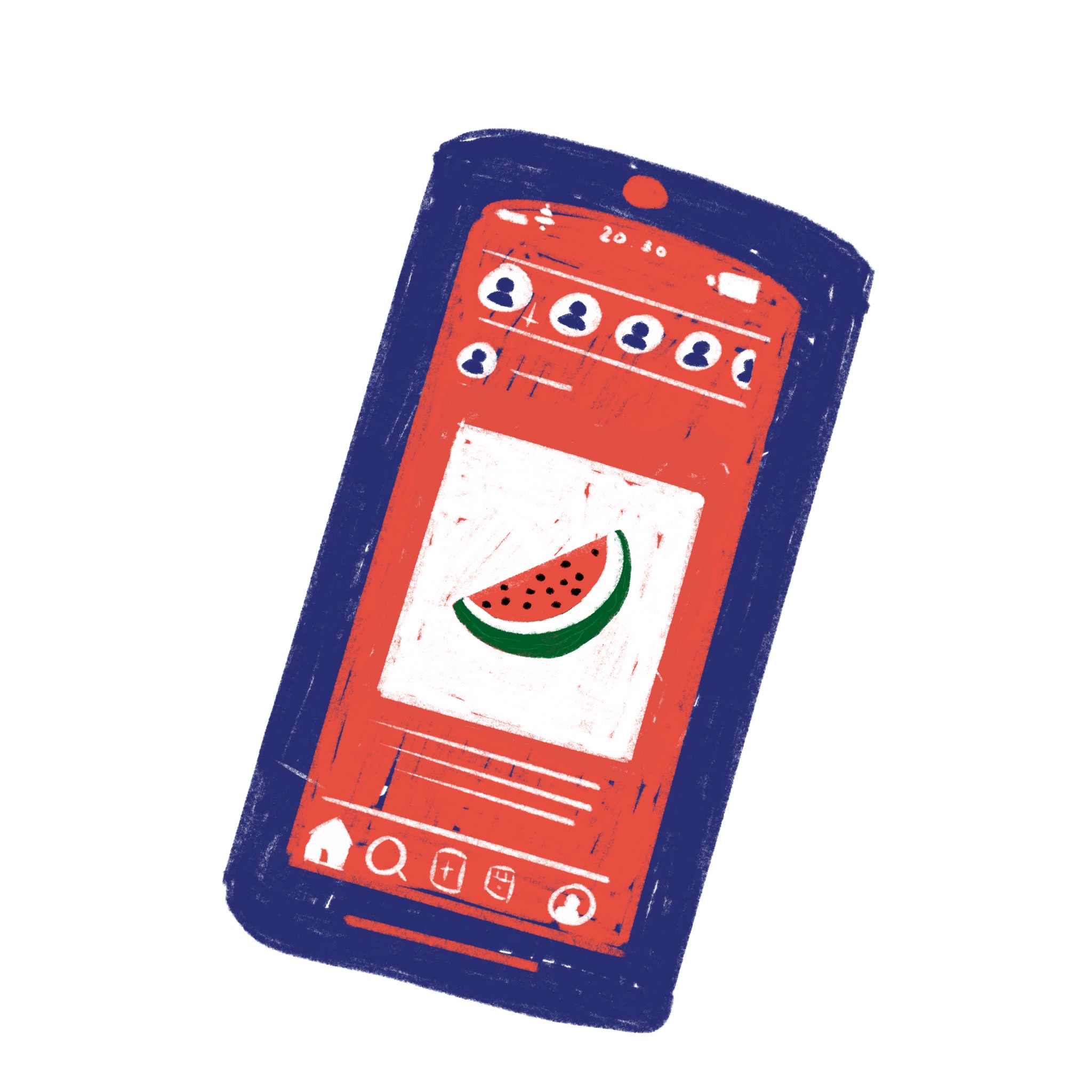When it comes to mental health, we have lots of misconceptions—and I think one of the biggest is that mental health difficulties are a phenomenon that occurs purely on the individual level, to be cured with the right balance of therapy, medication, and exercise. I know from personal experience that each of these can help tremendously.
But let’s not pretend like that’s all there is to it.
Mental health also occurs on the community level, in the connections we have to one another and the world around us. When you feel isolation and lack connection, you are far more likely to experience depression, fear, and anxiety, which can manifest in “antisocial” behaviors. For me, I used alcohol as a way to protect and insulate, as a sort of sanctuary against the world’s coldness.
The cliché goes something like “We’ve never been this connected—or felt more alone.” I like photos of friends’ children I’ve never met. In my family chat, we communicate with thumbs-ups and hearts. Rather than express how we feel, we send memes. And as Israel bombs the life out of Gaza, we scroll past photos of dead babies.
It’s no small thing to live in a world connected 24/7 to the atrocities that we as humans commit against one another.
I was 13 when the Twin Towers fell. I remember going to bed with the radio on, scared that the next plane would hit at any moment or that bombs would start to fall or that we’d find anthrax in our mail. I am, unfortunately, a product of the 24-hour news cycle and the dawn of the internet age. In the years since, I’ve remained a terrible headlines scanner, refreshing news sites 20 times a day because this is what I’ve been conditioned to do.
That’s on me. For the time being, I’ve stepped away from major news sites like CNN and the Guardian and I’m taking my news via podcasts and a few smaller sites that are less prone to fear-baiting.
While it may be a good idea to step away from the news sites and cycles, I think that stepping away from the news itself is something different.
Remember the brief, momentary outrage back in 2018 when a New York Times article shared the experience of a former Nike exec who shut himself off almost entirely from the news after the 2016 election? He called it “The Blockade.” Angry leftwing activists called in white male privilege.
Yet, Erik Hagerman’s ignorance is only a formalized version of what so many of us do every day. What has he done besides put a name to it and enforced certain boundaries (some of which seem healthy, some of which seem eccentric—perhaps excessive)?
Silly or selfish, I actually have some respect for Hagerman, as his withdrawal from society seems to be about something more than avoiding unpleasant news stories. Even before “The Blockade,” he left his work at Nike and moved to the hills of southeastern Ohio to run a farm and create art. There are worse things to do with your life.
Yet, what of community? What of responsibility?

Before the US election, I made a post on Facebook about my anguish over how to vote—an attempt to turn to my community to express my consternation at the choices before us. An attempt to affirm a common humanity. In doing so, I made sure to state that I respected people’s choice to vote for one of the candidates, while expressing my concern over Democrats’ silence and complicity in what numerous organizations have described as a genocide.
I spent weeks deliberating. And for what? I’m not one out of a hundred in the U.S. Senate, or one out of 435 in the House. I’m a swing state voter, yes, but one out of 8 million. The chances of my vote deciding anything are remarkably small.
Most people don’t say anything about politics on Facebook. That’s fine. I’m trying to talk about politics on Facebook less than I used to—and I’m certainly not sharing all the memes that defined my social media presence during the first Trump presidency. Yet, however flawed it is, social media is meant to be something of our town square. Our place to come together and have conversations about what’s happening, both in our lives and in the world around us. So, I use it because it’s what’s available to me.
In response, most people were silent, burned out perhaps from a taxing, overly-long election cycle. A few likes, a few hearts, a few comments—trying, to varying degrees, to meet me in my feelings of despair. One person graciously reached out to me privately via Messenger to talk a bit.
I put a target on my back and I accept that. It’s easy to be angry at an individual, and to make them a scape-goat for broader issues with the system. It makes us feel like we’re doing something when the problems around us are so intractable.
I keep coming back to a quote in the Mashable article, “The most selfish man in America,” linked above: “If everyone did what Hagerman did, there would be no United States. There would be no democracy. There would be no forward progress or people helping others in times of need. There would be nothing but complacency in the suffering and exploitation of others.”
It gives me pause for so many reasons. What did I do during the first Trump presidency that was more worthwhile than what Hagerman did? (For that matter, what did the writer of the article do?) Isn’t Hagerman, in his own way, making societal contributions through art, through working and restoring the land? To what extent do we allow the political moment we’re in to damage us, to diminish us, to even destroy us when we become nothing more than holier-than-thou keyboard warriors clapping back at easy targets?
—
I have carried Palestine in my heart for a long time.
Although I have never been to Palestine and I know very few Palestinian people, the experience of being Palestinian connected with me as a queer person from a young age. I know what it’s like to be someone who gets talked about without being allowed to say a word in response. In my experience, to be either Palestinian or queer is to be misunderstood, to be villainized, because you don’t fit into the mainstream’s worldview.
I remember watching the coverage of 9/11 the day it happened and a commentator casually blaming Palestine for what had happened. They could do so without repercussion because it’s part of the accepted cultural narrative in America. The villainization is so constant and so extreme, you would think it was the Palestinians themselves dropping bombs on their own children while they sleep.
We’re coming up on 16 years since my first protest back in 2009. It was for Palestine, during Israel’s military actions that killed 1,383 Palestinians, including 333 children and 114 women.
I don’t think we have a good idea of where the death toll stands today, or how high it will reach.
“Humanism is the only—I would go so far as saying the final—resistance we have against the inhuman practices and injustices that disfigure human history.”
–Edward Said
Meredith ap Robert
If you enjoy my writing, please consider supporting me on Patreon for as little as $2/month!



One response to “Mental health, community, and giving a shit”
Joel, this is very important writing. As an agnostic Jewish woman who grew up in a family of Zionists with their friends being holocaust survivors it was difficult for ne to tell the m I could never be a zionist. Now at age 74 I find myself detesting the government of Israel (not the country but the government and those who support the government). So this leads me to feel shame for what is happening to Palestine by a government that wants a Jewish state…i wrestle w this daily. At the same time I am working hard to provide safety and assistance to terrified transgender people in the face of the dictator Donald Trump. I have to take action and have found a way to organize…this gives me purpose.